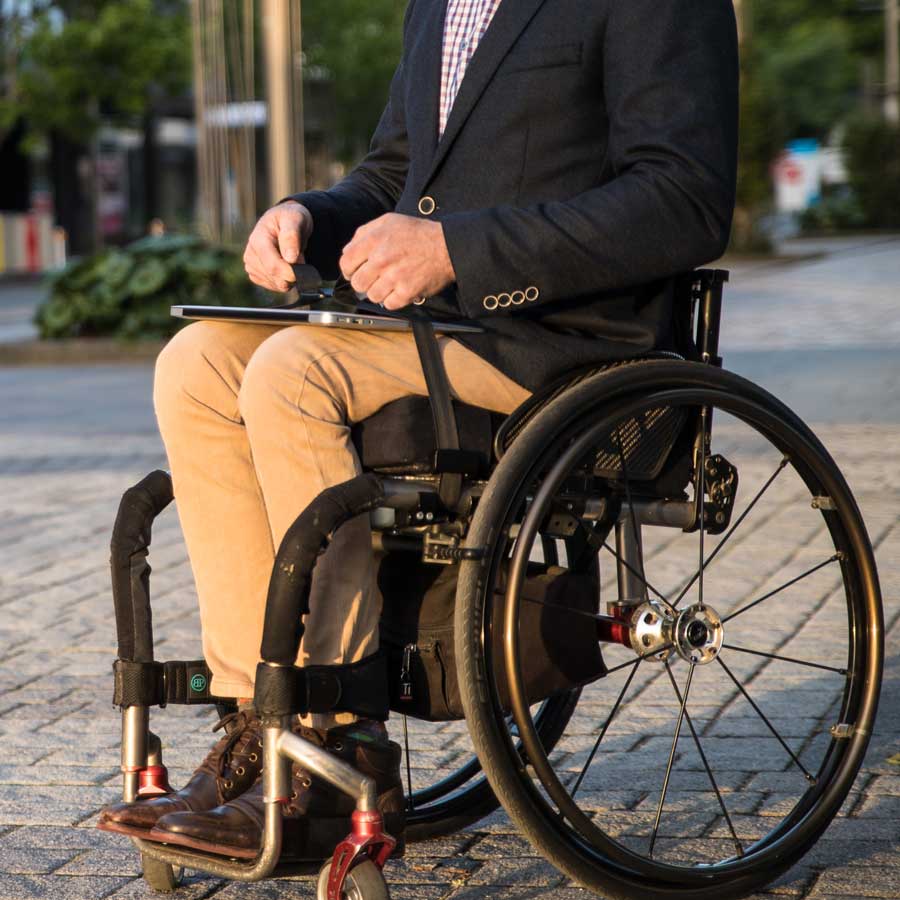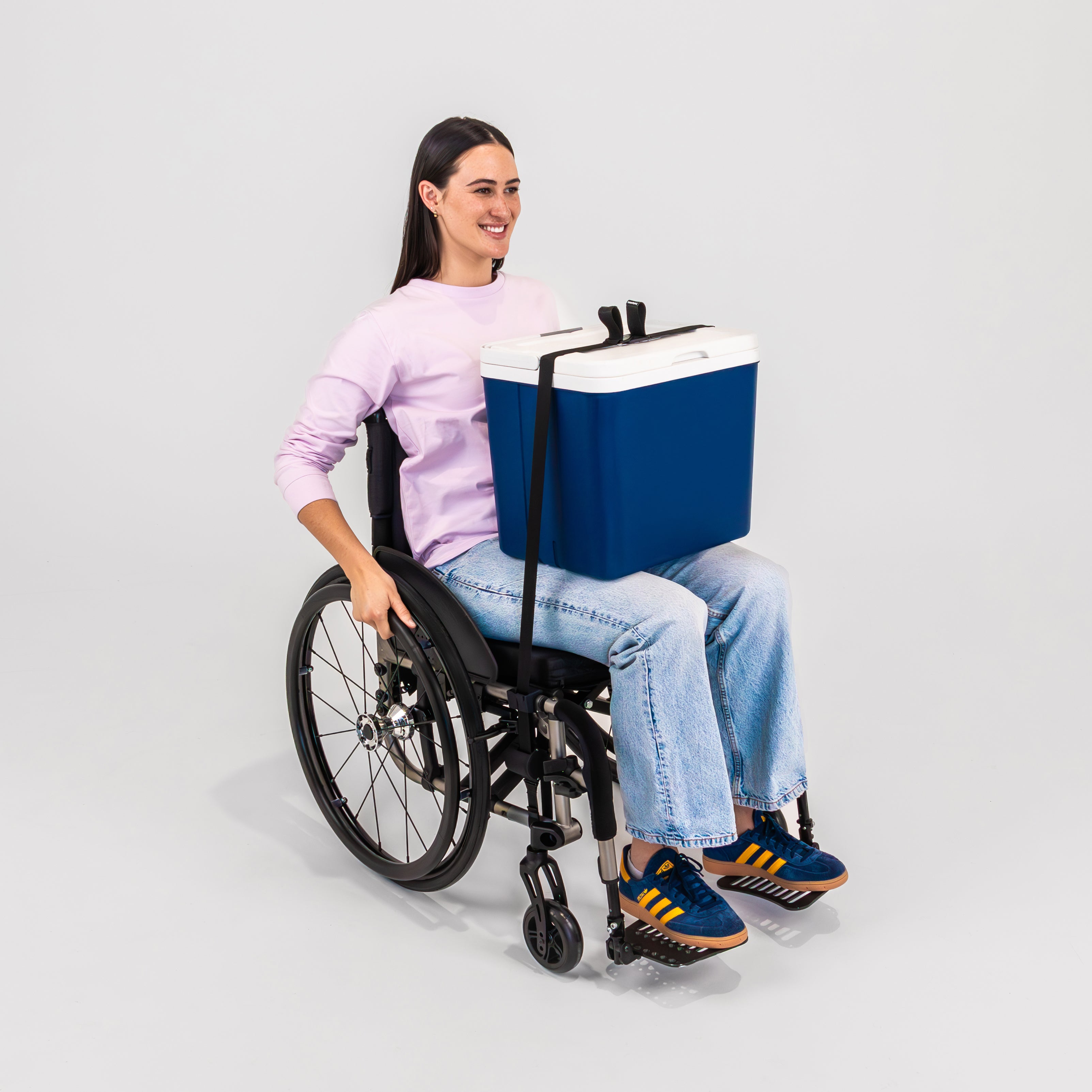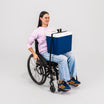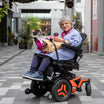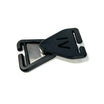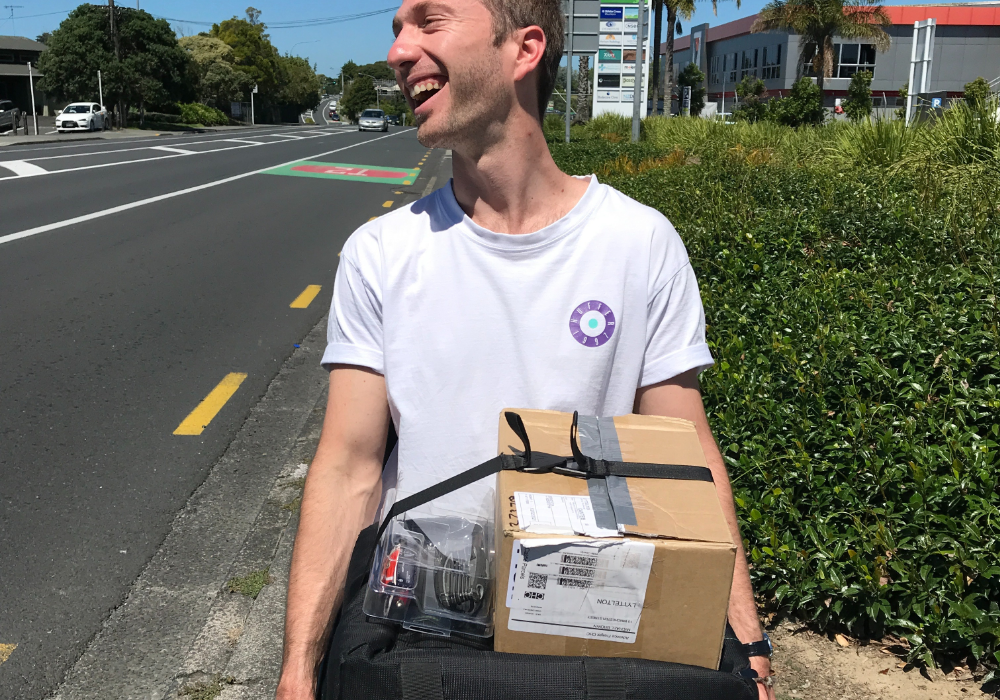
10 ways LapStacker empowers your independence.
The LapStacker was designed by a wheelchair user to make everyday life easier by keeping belongings secure without limiting freedom of movement. Lightweight, durable and discreet, it installs in mi...
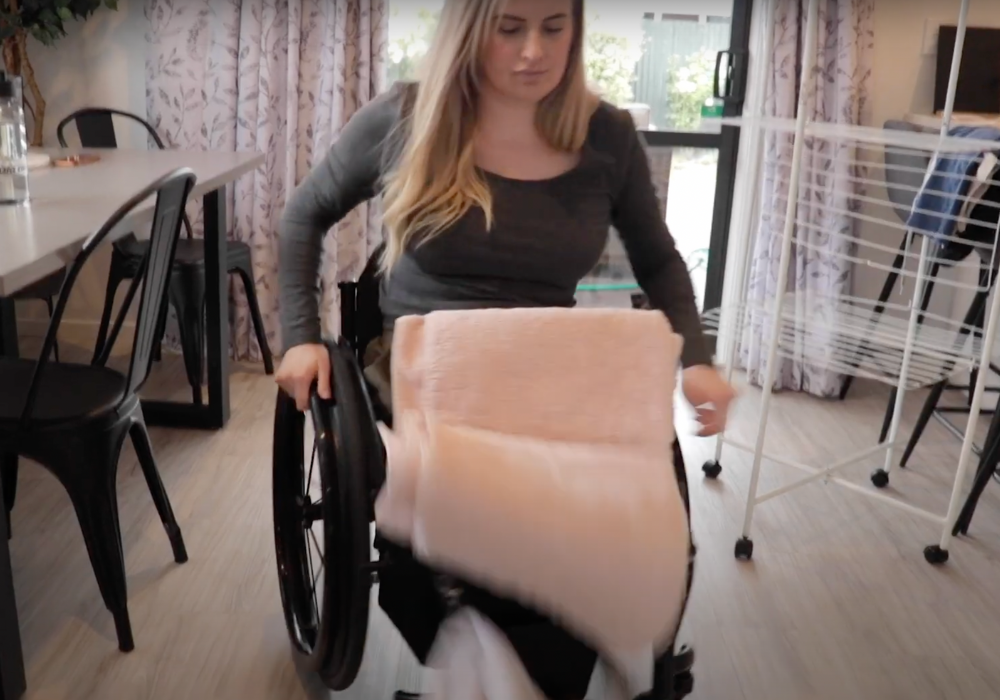
Why every wheelchair user deserves a LapStacker.
LapStacker was created to solve one of the most common daily frustrations for wheelchair users: carrying belongings safely and easily. Designed with real-world use in mind, it secures your items wi...
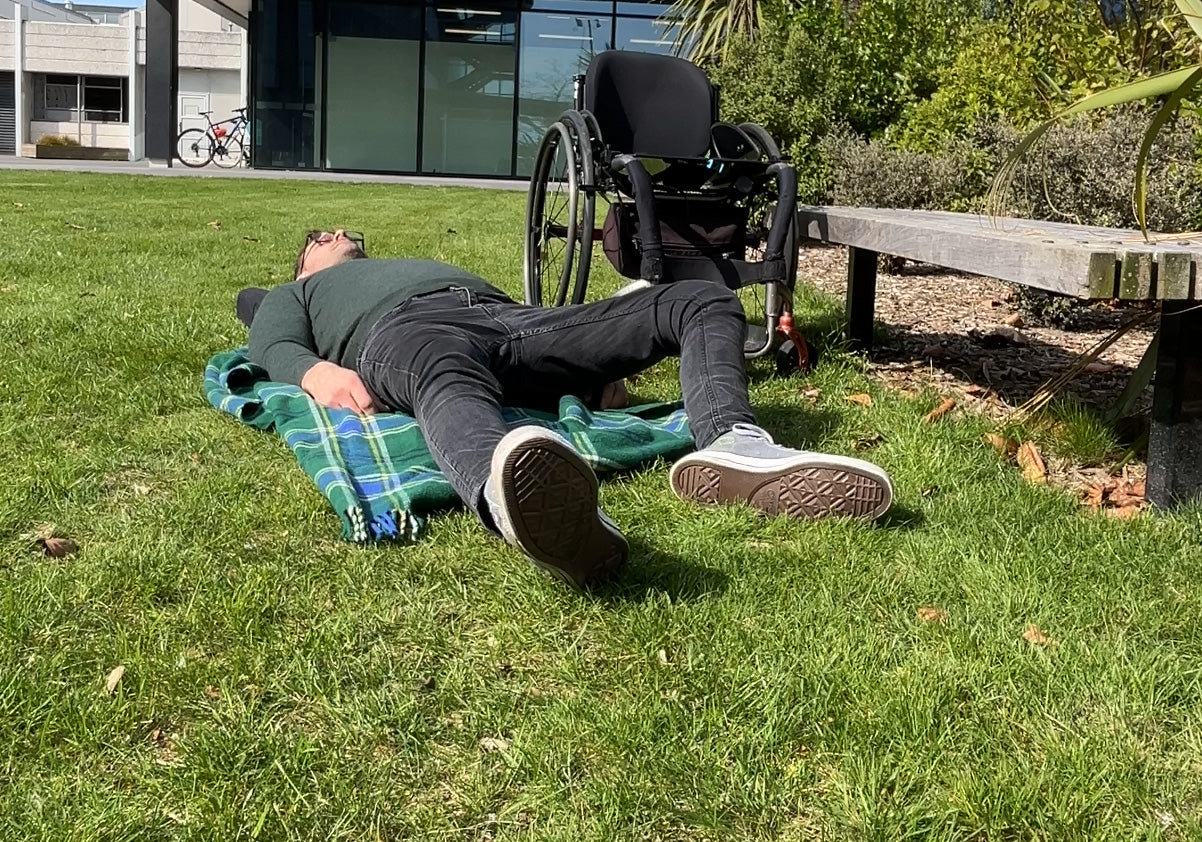
Quick energy boost for wheelchair users - 10-minute reset trick.
Feeling drained? Try this quick reset for wheelchair users. Being a wheelchair user can drain your energy, especially as the day wears on. I'm always on the lookout for quick and effective ways to ...
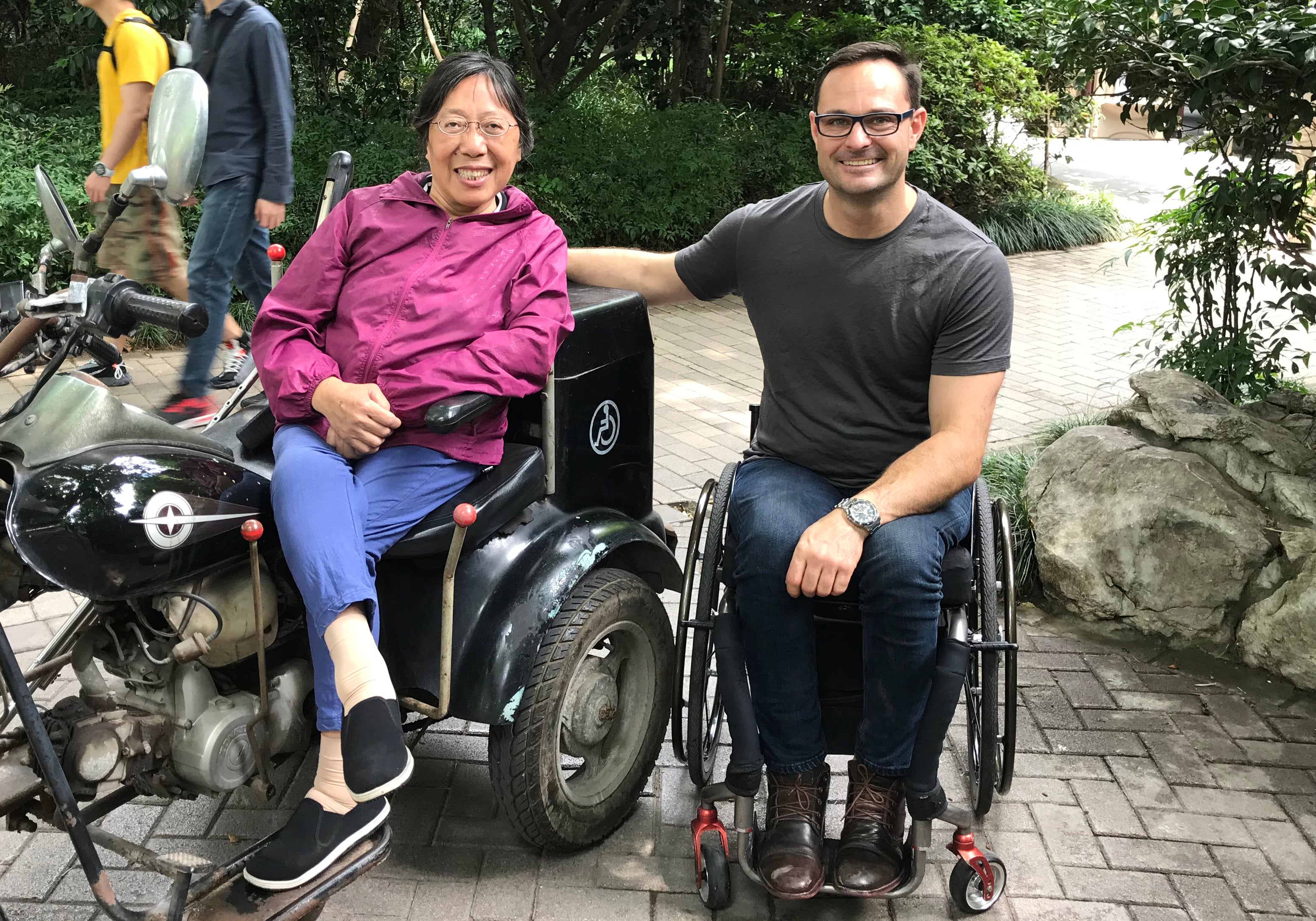
Mastering wheelchair travel - 4 tips for a smoother journey.
Inspired by the challenges of wheelchair travel, which can be as complex as the world of manufacturing, here are four essential tips that will not only help you navigate the intricacies of wheelch...
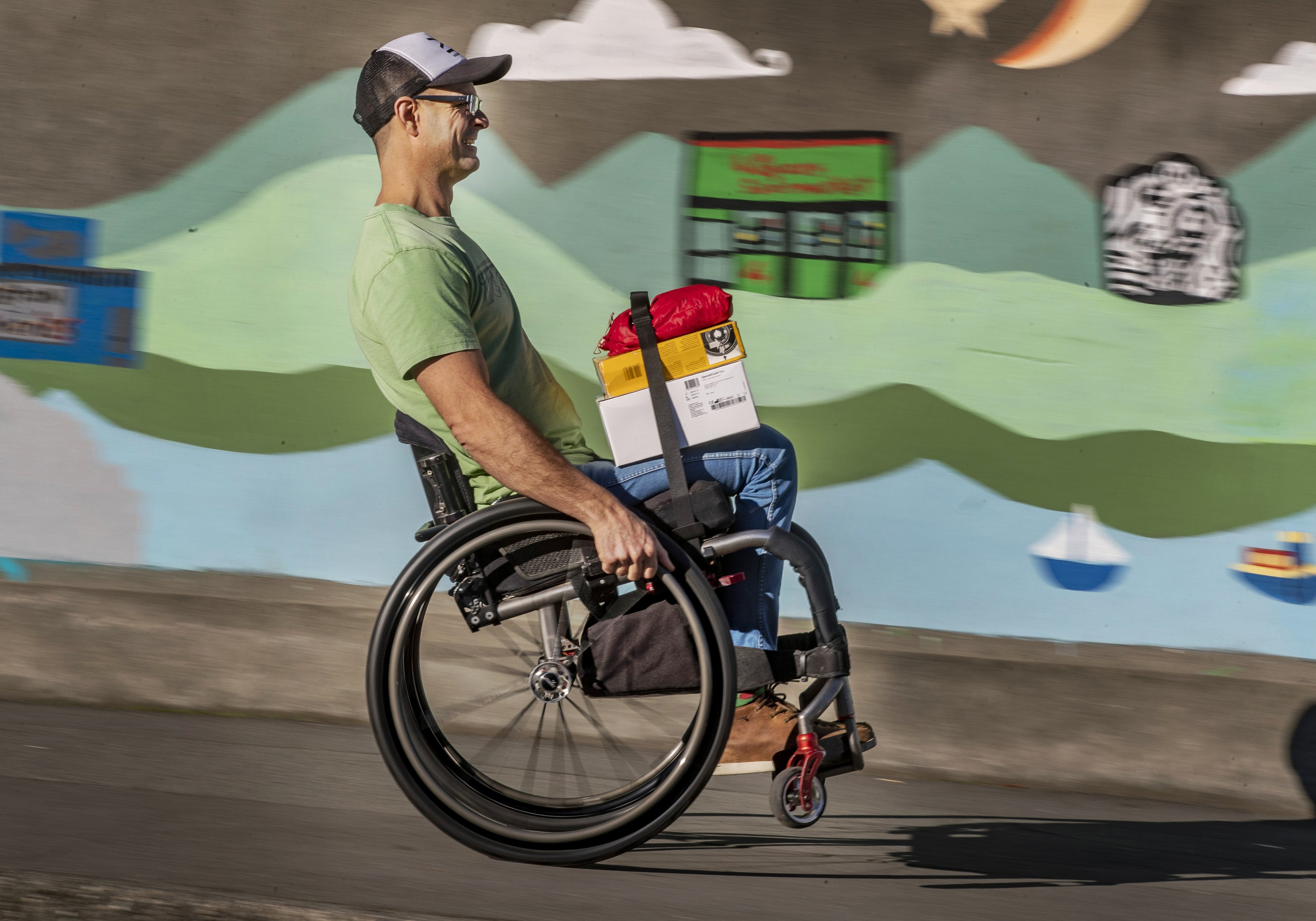
3 reasons you should master a wheelie in your wheelchair.
Mastering a wheelie as a wheelchair user is perhaps the most important skill you can learn. It has numerous practical, empowering, and freeing benefits. From boosting safety to challenging societal...
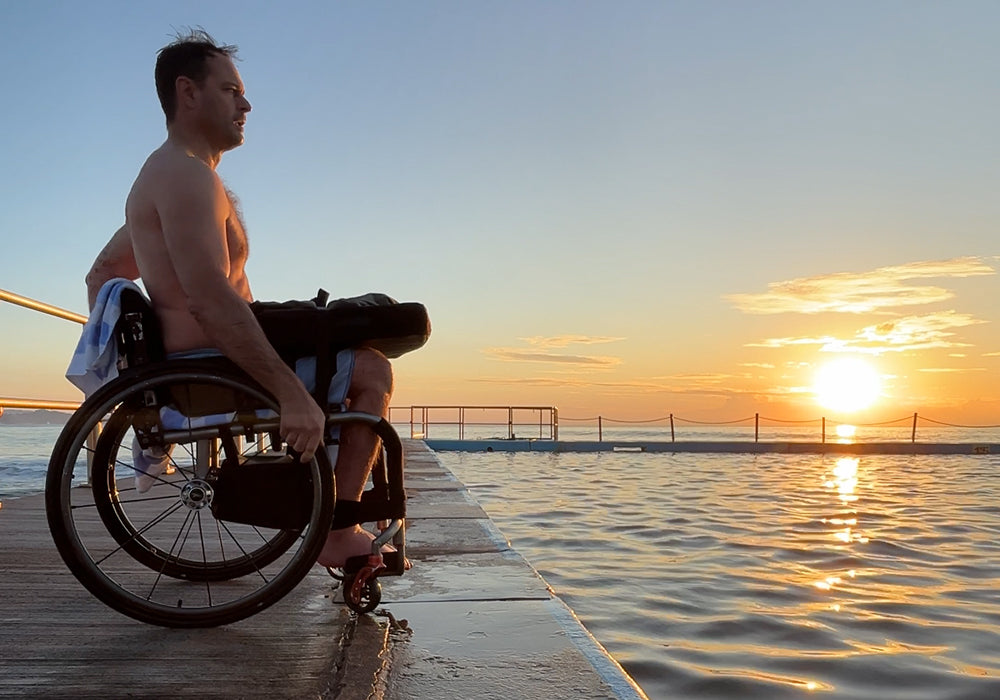
5 hacks to swim easier, safer and more independently as a paraplegic.
This seemed impossible the first time I tried. Transferring from a wheelchair to the ground, into a pool and then back out of the pool and into the wheelchair again as a paraplegic seemed impossibl...
Let's get to know each other.
Join us on social.


